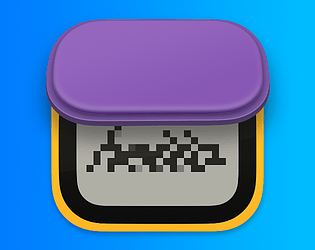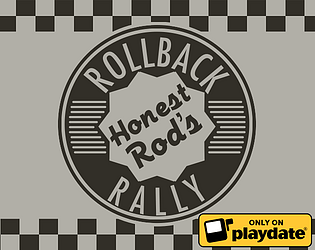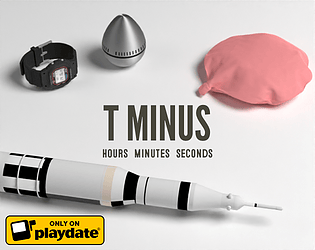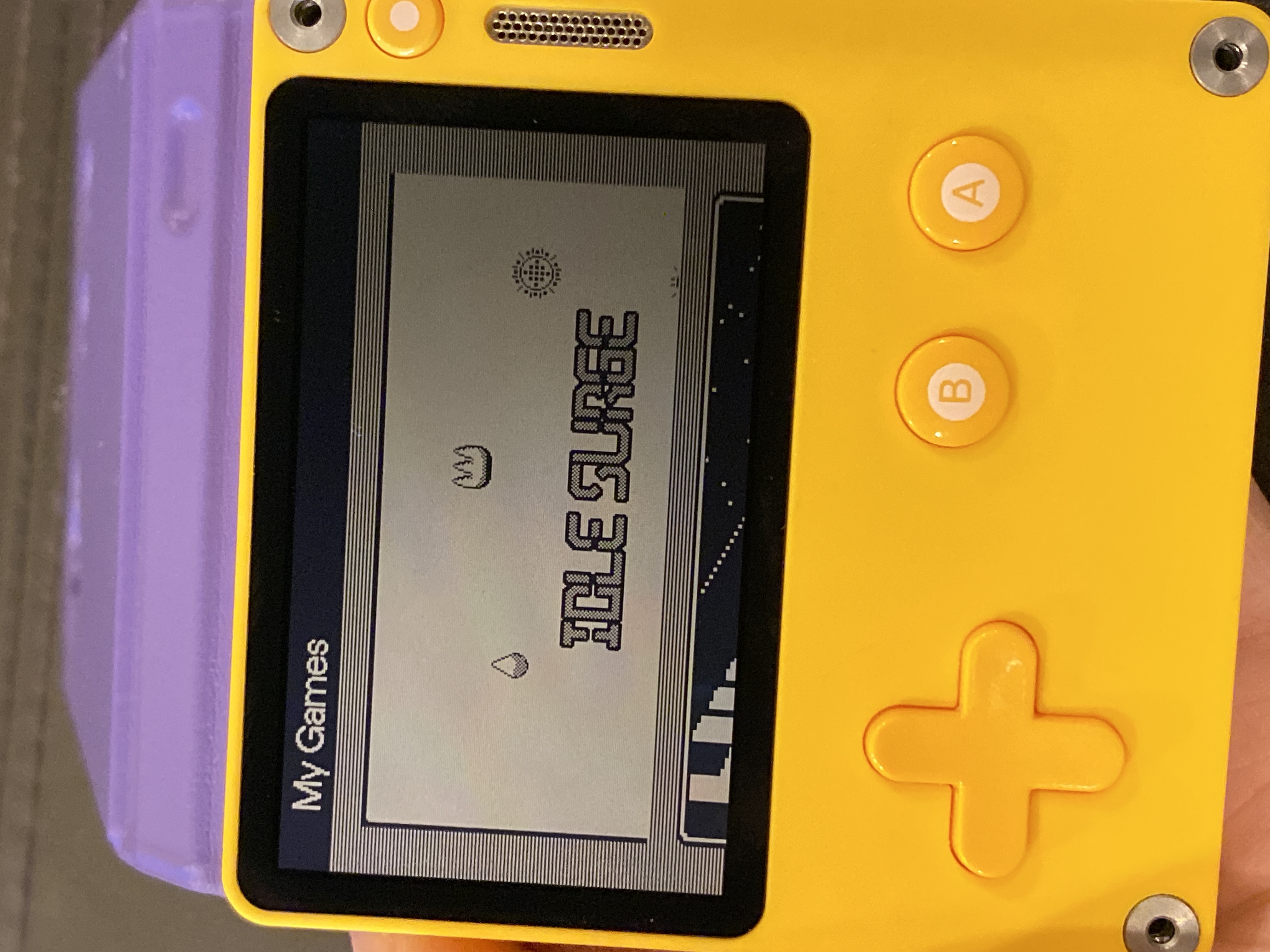Sorry for the delayed response! No, a companion app isn’t necessary, the Playdate just has to be unlocked and preferably on the home screen. It works with Playdate OS 2.5.0 for me, so I’ll need some more info to look into this if you’re still having trouble.
- What version of macOS are you using? (can be found in Apple menu > About This Mac)
- Is this an Apple silicon or Intel Mac? (the “chip” or “processor” field in About This Mac)
- Do you have the Playdate SDK or official Mirror app installed, and was either one open at the same time as Rorrim?
- Can you describe what you’re trying to do and what exactly doesn’t work? For example, is it crashing, does it not show your Playdate in the list of devices, etc?
If you don’t want your answers to be public on Itch, you can email me at veggie_cheetah.0z at icloud.com
There is an issue I’m aware of (and working on) where the Rorrim app crashes occasionally while mirroring, but in my experience it does work for at least a little while before it crashes.






